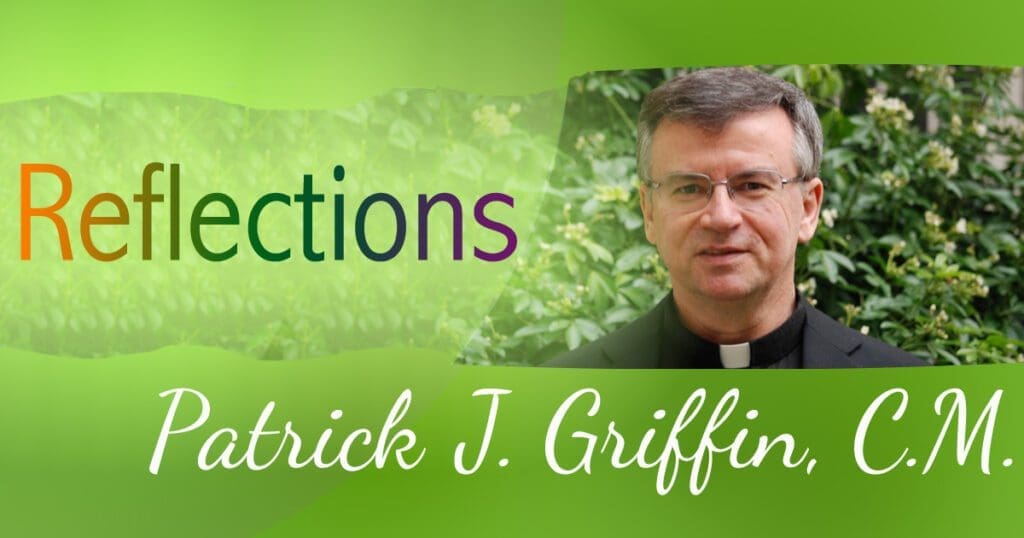Pope Francis has written some wonderful documents as he speaks to the Church. Perhaps none, however, has as much following and has occasioned as much argument as his encyclical letter on ecology, Laudato Si’ (2015). In this letter, he presented a record of the environmental abuse that has characterized our life on this planet and challenged the possibility of a hopeful future. Last week, he offered a report card on the progress on the care of “our common home” since that document. Laudate Deum (2023) does not promise a hopeful grade on our efforts and future. Any review of this latest Apostolic Exhortation brings further concerns to a sympathetic reader.

I am drawn to Ezekiel when I read the words of the Holy Father. The prophet brings a clear and focused warning to us:
The word of the LORD came to me:
…When I bring the sword against a land, if the people of that land select one of their number as a sentinel for them, and the sentinel sees the sword coming against the land, he should blow the trumpet to warn the people.
If they hear the trumpet but do not take the warning and a sword attacks and kills them, their blood will be on their own heads. They heard the trumpet blast but ignored the warning; their blood is on them. If they had heeded the warning, they could have escaped with their lives. (Ezek 33:1-5)
I find a compelling link between that prophetic sentinel and the efforts of Francis. He does what he can do, but the response must come from us. We are responsible for our own actions and for the way that they affect our children and our children’s children.
The Bible makes clear the connection between creation and the Divine. One needs only to open our sacred text to read the words: “In the beginning, God created the heavens and the earth” (Gen 1:1). Since the creation comes forth from God, it suggests his beauty, his greatness, his order. And, all creation belongs to God. Psalm 24:1 teaches “The earth is the Lord’s and the fullness thereof, the world and those who dwell therein.” Hebrews (2:10) asserts that God is “he, for whom and through whom all things exist. . .” When Paul writes to the Colossians, he teaches (1:16):
“For in him were created all things in heaven and on earth,
the visible and the invisible,
whether thrones or dominions or principalities or powers;
all things were created through him and for him.
It requires little effort to multiply the reminders that this is God’s world and given to us as a gift and a responsibility.
The teachings of Francis follow the exhortations of our Scripture in calling us to remember who God is, and where God reveals the divine self, and how God abides with us—and to respond to the manner in which the Lord enables us to care for each other. The truths of creation stand at the beginning of these revelations. We need to insist that reverence for creation reflects our reverence for God!





Very well stated.